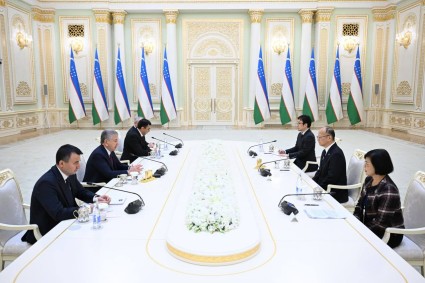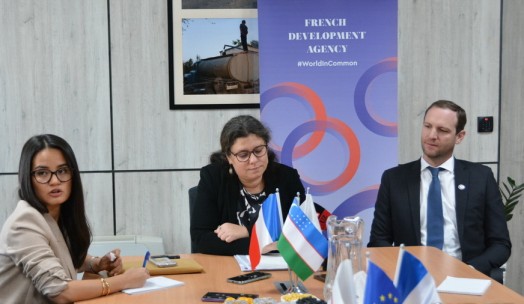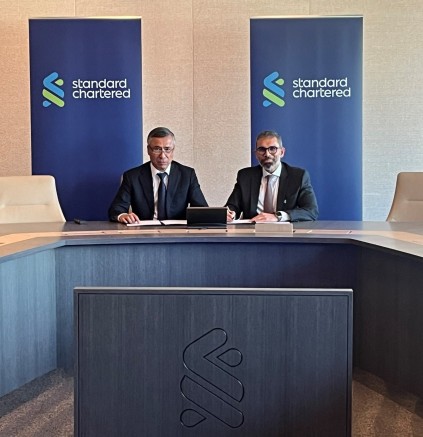The World Bank’s Board of Executive Directors approved today a $100 million concessional credit to support Uzbekistan’s efforts to enhance integration of renewable energy into its electricity distribution networks and improve supply reliability in priority provinces. Uzbekistan’s Regional Electric Power Networks (REPN) will provide $50 million in co-financing. This marks the World Bank’s first-ever Program-for-Results (PforR) financing in the country.
Uzbekistan’s energy system faces significant inefficiencies, including technical distribution losses estimated at around 13% as of 2024. These losses are primarily due to aging and overburdened infrastructure—more than half of the distribution network facilities have been in operation for over 30 years, exceeding their operational lifespan and contributing to frequent power disruptions.
Urgent investment is needed to modernize Uzbekistan’s distribution networks and support the country’s ambitious goal of deploying 25 gigawatts of renewable generation by 2030. Without critical upgrades, the existing power system will be unable to accommodate the planned expansion.
The energy sector also faces significant commercial losses, particularly within distribution networks, which place a heavy fiscal burden on the government. To ensure long-term sustainability, the authorities are reforming the operational and financial models of the distribution system to improve profitability and attract private investment.
“The World Bank’s financing will support Uzbekistan’s government program to modernize and expand the electricity distribution infrastructure through 2030, with total investment needs estimated at $3 billion,” said Tatiana Proskuryakova, World Bank Director for Central Asia. “We hope other development partners and private investors will join us in supporting REPN in this crucial endeavor.”
With $150 million in combined financing, REPN will develop critical infrastructure over the next five years to enhance the integration of renewable energy into distribution networks and ensure a reliable electricity supply in priority regions, including the Republic of Karakalpakstan and Surkhandarya region. Key infrastructure improvements include:
- Construction and modernization of 6,000 km of low-voltage distribution lines.
- Replacement and installation of 1,200 distribution transformers with a total capacity of 250 megavolt-amperes (MVA).
- Connection of 150,000 smart meters to help reduce commercial electricity losses in REPN-managed networks.
- Installation of 4,000 concentrators to enable future automation and digitalization of distribution networks, transforming them into a modern and efficient system.
Additionally, the program will support investments aimed at strengthening REPN’s operational capacity and financial sustainability, specifically:
- Developing a new distribution planning methodology, along with operational procedures and processes for connecting distributed renewable energy sources.
- Enhancing revenue performance through improved financial planning.
- Modernizing corporate management systems, with a focus on accounting, financial management, and corporate governance.
By 2029, the program is expected to achieve the following results:
- Achieve a 90% customer satisfaction rate with REPN’s service quality.
- Expand the capacity of distribution networks to integrate up to 50 megawatts of renewable energy generated by small and medium enterprises and households.
- Reduce greenhouse gas emissions by up to 450,000 tons of CO₂ annually.
- Increase female representation in REPN’s technical and managerial roles from 9% in 2025 to 14%.











